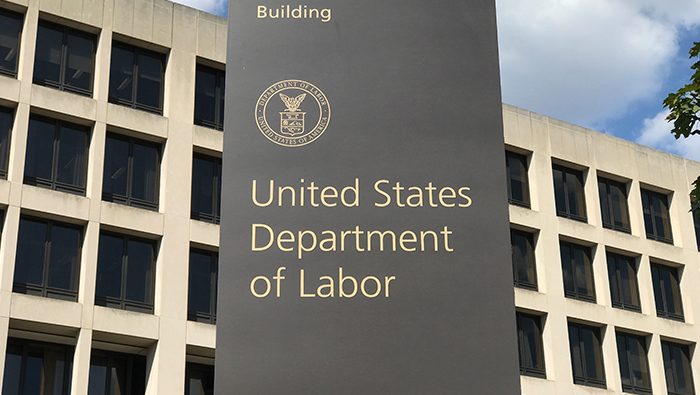In early April, the U.S. Department of Labor (DOL) released two frequently asked questions (FAQs) documents on recent updates to COBRA and mental heath regulations. Included within the documents is information on updates to the Consolidated Omnibus Budget Reconciliation Act (COBRA) and the Mental Health Parity and Addiction Equity Act (MHPAEA) affecting employers and group health plans. The new COBRA and mental health FAQs emerged just days after new COBRA premium subsidies took effect April 1st.
COBRA FAQs
Firstly, the DOL published frequently asked questions on the relationship between COBRA and the American Rescue Plan Act (ARPA). Specifically, the full subsidization of COBRA coverage costs from April 1st – September 30th, 2021 for affected individuals.
Key points from the FAQs include the following:
- Eligibility Based on Reduction in Hours. The FAQs expand the definition of a “qualifying event.” As a result of the update, the document clarifies that “involuntary” does not modify an hours reduction.
- Interaction with the DOL Outbreak Period. The DOL’s Outbreak Period guidance generally allows the COBRA election period window to last for up to a year. However, the individual who elects COBRA coverage under the Outbreak period is responsible for costs. To receive the ARPA cost subsidy, the qualified individual must apply for COBRA coverage within 60 days.
- Deadline for Distributing New Election Notice. The FAQs specify that the deadline for plans to distribute a new ARPA general election notice is May 31st, 2021.
- Timing of Participant Coverage Election. If an individual qualifies for the COBRA subsidy, they can reach out before receiving the election notice and request enrollment.
- Plan Cannot Require Payment of Admin Fee. The FAQs clarify that plans cannot charge assistance-eligible individuals for COBRA.
MHPAEA FAQs
Secondly, the DOL published frequently asked questions on the relationship between the MHPAEA and the Consolidations Appropriations Act (CAA). The FAQs were also jointly issued with the Health and Human Services and Treasury departments. Effective February 10th, 2021, the CAA required that group health plans conduct detailed comparative analyses in certain situations. For instance, when programs use nonquantitative treatment limitations for medical and surgical benefits versus mental health and substance use disorders. The comparisons must be available upon request to agencies, state regulators, and, for ERISA plans, participants/beneficiaries/enrollees (or authorized representatives).
The FAQs guide employers on:
- how a group health plan can conduct the analysis;
- types of documentation that employers should create and store to verify the analysis; and
- the available corrective action period if a health plan fails to provide sufficiently detailed information.
Employer Takeaways
In conclusion, the frequently asked questions released by the DOL regarding COBRA and mental health contain important, clarifying information for employers. To avoid lawsuits and possible fines and penalties, employers should review the recent releases and update policies to maintain compliance.

